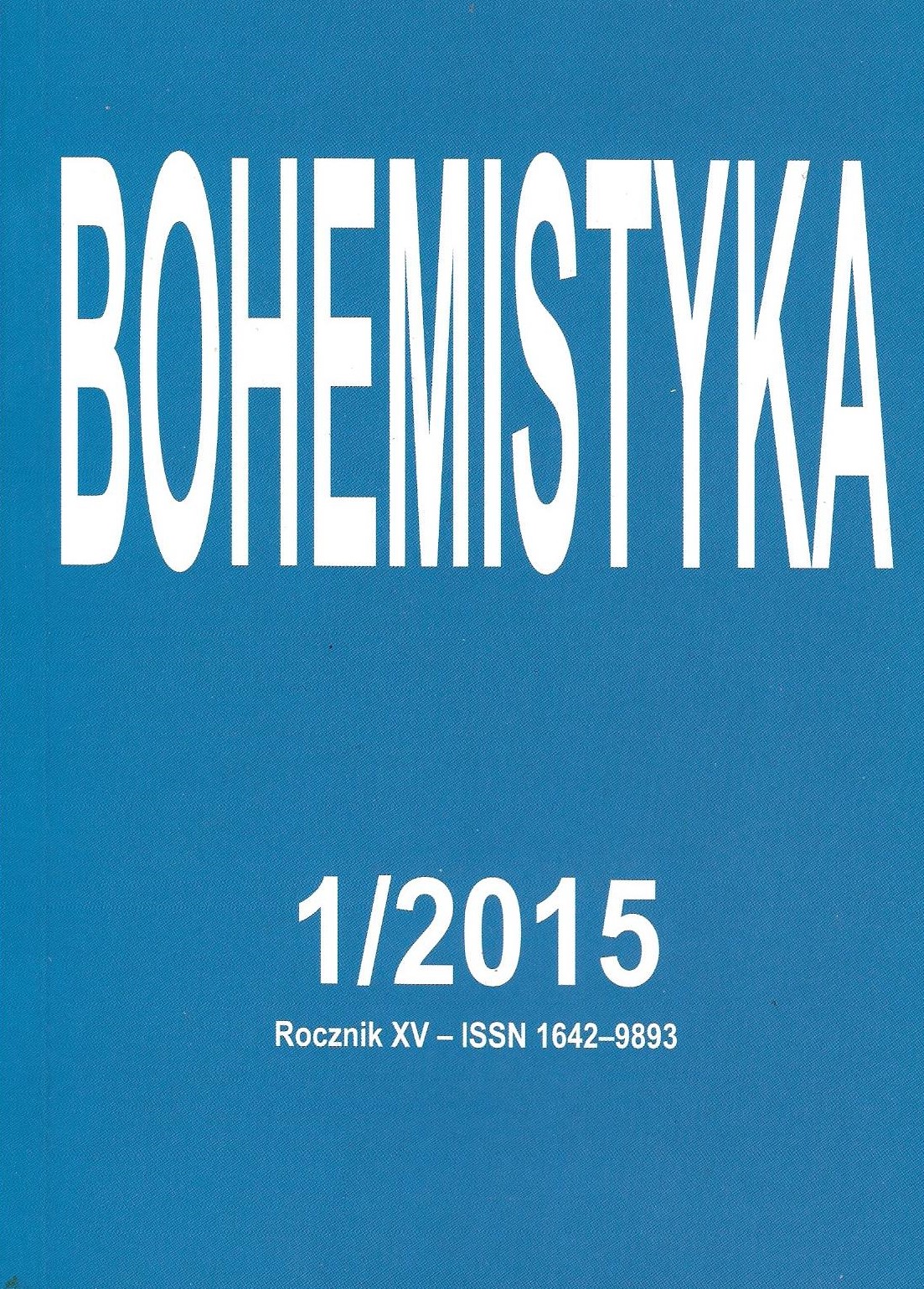Kwestia niesmaku. Czeski kamp
The issue of disgust. Czech kamp
Author(s): Agata FirlejSubject(s): Language and Literature Studies
Published by: Uniwersytet Adama Mickiewicza
Keywords: Kamp;taste;kitsch;subversion;Czechoslovakia
Summary/Abstract: In this essay I propose to consider ‘kamp’ style – on the example of chosen phenomena from the Czech culture – understood as a universal act of rebellion against the dictatorship of the so-called „good taste“ and as a pressure of „Dionysians“ on exclusive company of „aristocrats of the spirit“.If the history of art is actually the history of changing taste, the ‘kamp’ current must be the perpetual and protean phenomenon. I propose to treat kamp as a type of avant-garde gesture in the broad sense, based on the trend of democratization, in many respects analogous to the phenomenon against which it acts (this is characteristic for each revolution and for her brother: carnival). Ostentation, mocking rejection of the canon and dismantling of the dominant determinants of taste become the methods of fight. Artistic kitsch, mannerism, parody or subversive practices are the most frequent expressions of kamp. In the essay I present the work of artists from Czechoslovakia and the Czech Republic after World War II: photographer Jan Saudek, film duo Oldrich Lipský and Jiří Brdečka, playwright David Drábek and showman Daniel Nekonečný, considering it as a socially committed acts carried out in the framework of the „revolution of disgust “.
Journal: Bohemistyka
- Issue Year: XV/2015
- Issue No: 1
- Page Range: 65-72
- Page Count: 8
- Language: Polish

